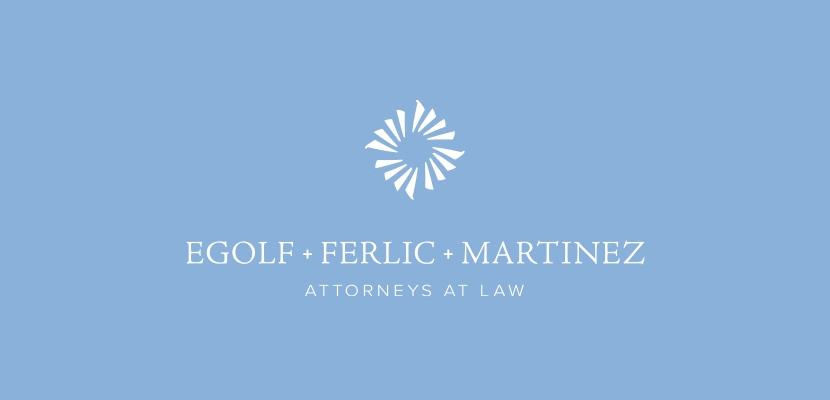Proudly Serving Clients Across New Mexico
Call for Free Case Evaluation 505-986-9641
(Family Law consults are subject to a fee)
Are you at risk of PTSD after a crash?

The injuries caused by a vehicle crash can be more than physical. Almost 40% of people who survive a crash develop post-traumatic stress disorder (PTSD), according to the National Institute of Mental Health (NIMH). In fact, they’re the leading cause of PTSD.
Whether a person is among this 40% can depend on a number of factors both related to the crash and their own unique history. In fact, researchers have found that the latter is more relevant to whether a crash survivor develops PTSD. People who have suffered other traumas in their lives or who have mental health challenges have a greater chance of developing PTSD.
Don’t Wait Get Justice Now
Who is most likely to develop PTSD?
The level of danger that a person perceived during the crash is also a strong indicator of whether they’ll develop PTSD. Namely, did they believe that they were going to die –- even for a few seconds — or that someone else was? If so, the risk of PTSD is much higher.
So how do you know if you have PTSD or another mental health issue like anxiety or depression after a crash that requires professional care? After all, it’s normal to experience any number of emotions and to have memories of the crash intrude on your life for a time. However, if these bad memories and avoidance behaviors (like being afraid to drive or even be in a car) don’t dissipate or get worse, it’s wise to seek psychological help.
While having a strong support system is important, a trained mental health professional can use therapy and/or medication to treat PTSD. It’s not at all uncommon for people to seek psychological treatment after a crash.
If another driver was at fault for the crash , it’s important to factor in the cost of this treatment along with other medical costs as you seek compensation. That’s just one more reason why you shouldn’t accept a settlement until you’ve sought experienced legal guidance to determine the full extent of your expenses and damages.
We Can Help You Obtain Justice
With our main office in Santa Fe and dedicated staff across New Mexico—including Las Cruces, Albuquerque, and Taos—we’re ready to support your case wherever you are.
123 W. San Francisco St. Floor 2
Santa Fe, NM 87501-2111
Schedule a Consultation
Please Fill Out The Form Below And We Will Be In Touch Soon
Fields Marked With An * Are Required


